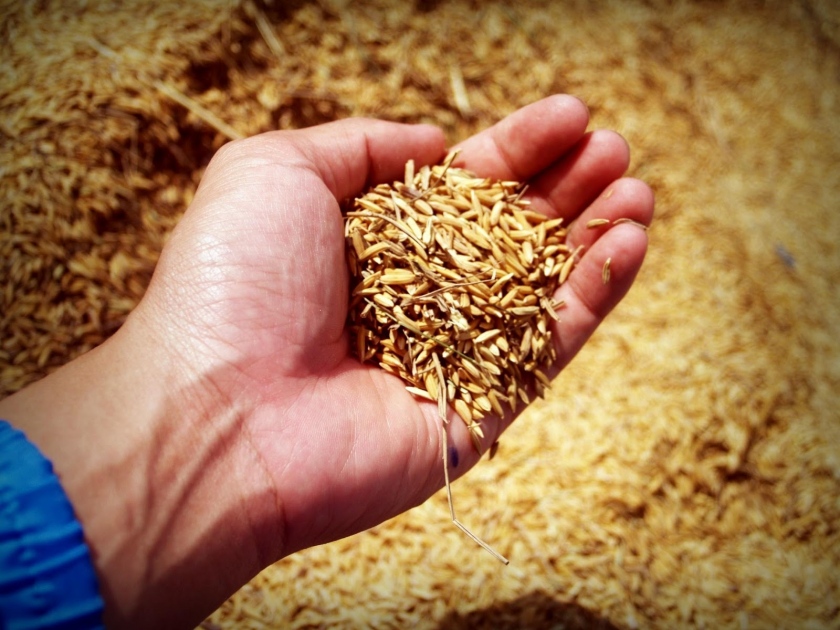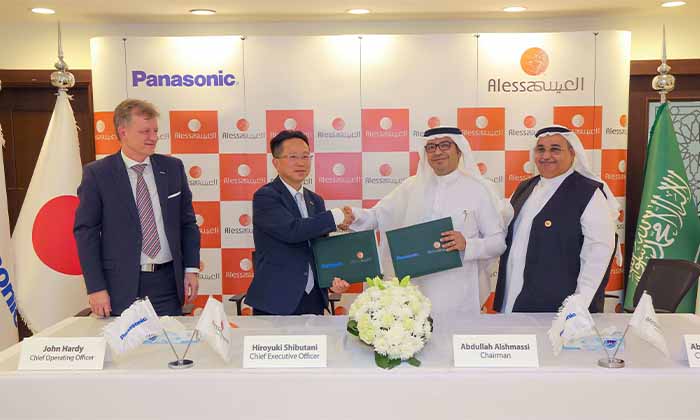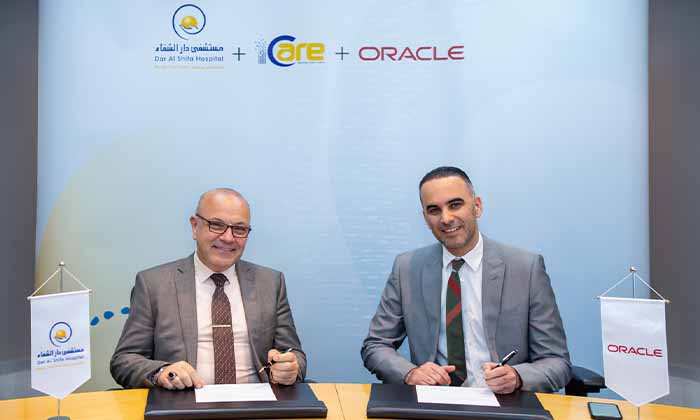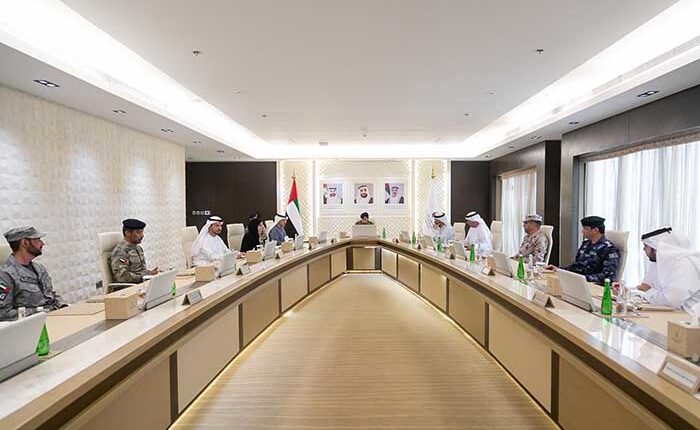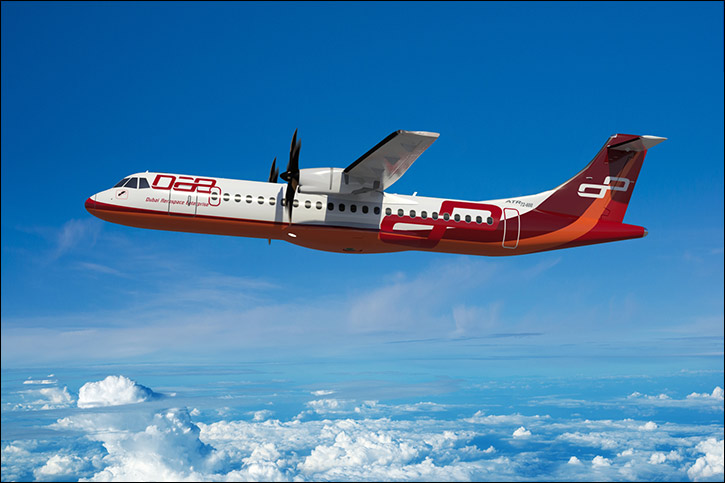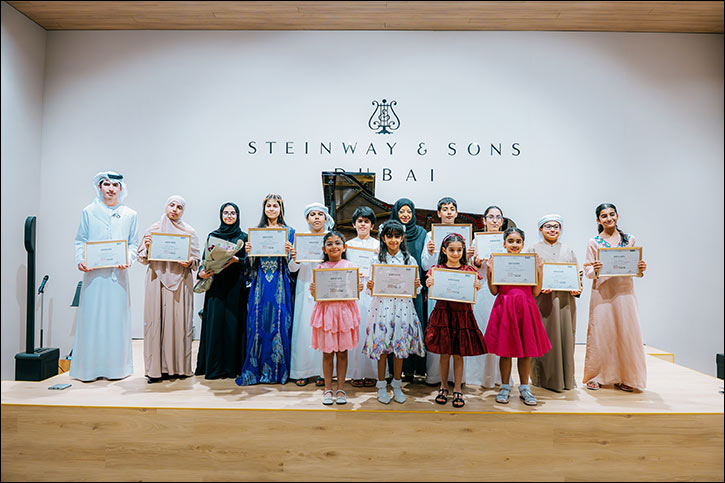How the Walloon (Belgium) agrifood sector can help increase food security, solve health challenges and improve agro-efficiency in Saudi Arabia
With the Saudi Agriculture show coming up this month in Riyadh, the topic of food security, healthy nutrition and innovative agro-tech solutions is all the more actual. Vision 2030 defines agriculture as one of five main strategic sectors, including aerospace and automotive. Saudi Arabia’s two new “Green” initiatives will be partly driven by the Strategy for Sustainable Development of Agriculture, a component of Vision 2030. This overall strategy has four main targets: Efficient and sustainable use of agricultural and natural resources; comprehensive and sustainable food security; improvement in agricultural efficiency and productivity; and sustainable rural development. Although agriculture is projected to grow by 5 percent annually over the next five years, the Kingdom still faces challenges in terms of its 1.7 percent annual population growth which means it will not stop importing some foods. So investment in the local agrifood complex will go hand in hand with an international investment strategy to secure food imports.
KNOW-HOW: Located in the heart of Europe, Wallonia (part of the Kingdom of Belgium), is a high potential and strategic region for business located at 55 kilometers of the capital, Brussels. Especially in the agri-food area, the largest industrial sector of the country has build-up a strong innovative ecosystem which stimulates growth in export and turnover as well as investment and attraction of foreign investors. Furthermore, it has great growth potential in promising sectors and is a global leader in some of them: ingredients, healthy food, processed meals, red meat and an area of recognized quality, etc. Over the years, global companies chose to set-up subsidiaries and/or forge partnerships with local actors. Today, the turnover in the sector is € 8.3 billion of which € 4.26 billion in exports!
HEALTHY FOOD: To face the challenges of tomorrow regarding wellbeing and nutrition, Belgian companies active in health ingredients decided to join forces. In 2012, they created the Belgian Health Ingredients Group (BHIG). It covers several areas of expertise and therefore offers a wide range of solutions responding to specific health challenges in nutrition. All of the ingredients are from natural origin and are designed to meet strict requirements. Thanks to its world class pharmaceutical ecosystem, distinguished pharma companies are part of it such as Vésale Pharma, a prominent probiotics producer or Enzybel, the reference for natural enzyme solutions.
One of the main topics addressed by the sector today is plant-based proteins. Wallonia’s plant protein strategy is part of the region’s efforts to bounce back from the economic havoc wreaked by the COVID-19 pandemic. It’s being done with support from the EU’s Recovery and Resilience Facility (RRF), which has granted Belgium €5.95 billion to restore its economic power, of which Wallonia receives €1.48 billion. The Walloon initiative fits perfectly in the global ‘protein transition’: the shift away from the consumption of animal proteins towards plant-based products. This trend is considered to have positive effects on the environment, our health and animal welfare. It is, amongst others, an important factor in the battle for global food security and against climate change.
The vast majority (more than 85%) of protein crops in Belgium are cultivated in Wallonia and include peas, wheat, fava beans and other legumes (lupin, protein-cereal mixtures, soy). Hundreds of Walloon actors are involved in this supply chain: farmers, cereal producers, traders, processing plants, etc. The goal is to establish a ‘dream team’ of Walloon actors around the initiative, made up of representatives from both the agricultural and meat sectors. It offers agricultural enterprises interesting diversification opportunities, for example concerning the cultivation of peas and other legumes, and meat producers the chance to explore promising possibilities away from the locally shrinking meat market.
One of the big names in this industry is COSUCRA: A Belgian family company based in Warcoing, Wallonia since 1852, COSUCRA is a world leader in the production of natural chicory and pea ingredients, contributing to a healthy and sustainable contemporary diet. Lately the company grew very strong in the natural ingredients market, reflecting consumers’ expectations for a more plant-based, balanced and transparent diet and making the Walloon company the leading producer of pea protein in Europe.
The need for this type of protein is huge worldwide, both in food (quality ingredients, vegan trend, flexitarian diet, health or environment awareness, less GMO) and feed (insufficient traditional crops, high quality feed, environmental impact, cost, etc.).
FOOD SECURITY & AGRO-EFFICIENCY: But this protein shift should not mask the fact that natural meat and especially red meat will remain a food product of choice for an ever-growing percentage of the population worldwide, notably in Saudi Arabia. Red meat represents is still associated with a certain standard of living. A world-class player in the field of meat production is Belgian Blue Group. The BBG company was created in March 2003 and has a leading position on the market for the sale of Belgian Blue semen, embryos and animals. This unique race is only found in Belgium and can be divided into 2 distinct branches: the meaty BB and the dual purpose BB. The meaty BB has become a real breed of beef cattle, with the following traits and benefits: extraordinary muscle development, desirable meat quality, stature, early maturity, feed efficiency, docility, uniformity and maternal aptitudes. The dual purpose animals have been selected on basis of their milk production and their calving ease. Their milk production ranges from 4,200 to 4,800 liters whereas the great carcass quality of the BB crossed animals means a higher added value at the purchase of the calves. The purchase price can reach € 200/calf in Belgium, France, Italy or Spain for example. These two advantages make it the perfect choice for dairy producers because they are correlated with lower operating costs and higher margins.
The extraordinary abilities in crossbreeding programs and the exceptional quality of the BB products are the reasons why there is a growing demand for BB sires throughout the world. In numerous countries, studies conducted on crossbreeding with BWB, Holstein dairy cows and local breeds generally show the superiority of the BB crossed animals. Calving ease, survival rate of the crossed calves, average daily gain and consumption index are also in favor of BB.
Saudi companies such as SALIC, NADEC or ALMARAI are on the lookout for this nutrition shift and the potential agro-efficiency gains. The purpose of this article is to make them aware of the wonderful opportunities to partner or invest in Walloon companies to secure food supplies in order to position themselves ahead of time in these markets by investing in agricultural technologies that aim to rationalize water usage, raise production efficiency, and preserve the environment together with improving their margins.
INNOVATION: Wagralim is one of the six competitive clusters created in Wallonia – Belgium in 2006. It is the Agri-Food Innovation Cluster of reference in the region gathering 200 members active in the food chain. The Cluster unites businesses from the food and agricultural industries, as well as stakeholders in research and training. Its mission is to accelerate value creation in food companies through innovation, partnerships and internationalization.
To this end, the cluster elaborated a strategy to create a circular and sustainable agri-food system based on 3 areas:
- Interconnected & sustainable food chains: industrial valorisation of European and Walloon agriculture, protein production, sustainable use of inputs, innovations to integrate climate change, etc.;
- Efficient and transparent industry: innovations to improve preservation of products (clean label, packaging, etc.), food safety for higher quality (taste & nutrition), reduction of food waster, etc.;
- Nutrition and consumer: nutritional quality and personalized nutrition, new consumption and distribution models, reduction of non-communicable diseases, digital innovations in the value chain.
Wagralim can help its members achieve critical mass, become more competitive and accelerate their growth. The cluster puts them in contact with industrialists, service and equipment companies, institutional and academic partners, research and training centres in Belgium and abroad. Wagralim positions itself as the reference partner for technological, business or managerial innovation in the food industry. Wagralim gets you to the heart of European Food innovation potential.
